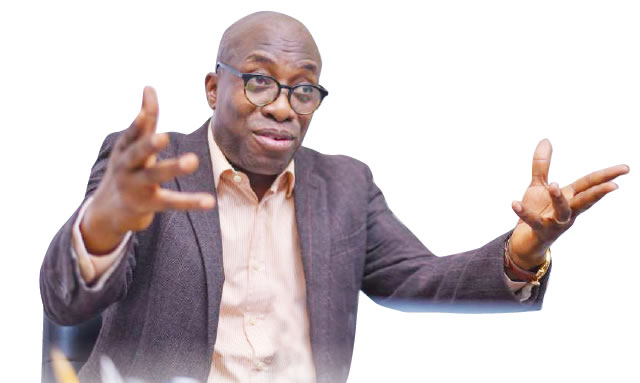Segun Sowunmi, a prominent figure within the Peoples Democratic Party (PDP), contends that replicating the 2013 coalition strategy, which led to the All Progressives Congress (APC) victory over the PDP in 2015, is unlikely to succeed against President Bola Tinubu and the APC in the 2027 elections. He argues that the political landscape has significantly shifted since 2015, making a direct comparison flawed.
Sowunmi’s primary argument centers on the unwillingness of existing political parties to sacrifice their individual identities and merge into a single coalition entity. He emphasizes that established parties like the PDP, with their extensive network of governors and members, are unlikely to dissolve their structure for the sake of a coalition. Similarly, he believes that other prominent parties, such as the Labour Party and the New Nigeria Peoples Party (NNPP), would be hesitant to relinquish their individual brands and platforms. The political climate now fosters competition and individuality, rendering the 2013 merger model obsolete.
Furthermore, Sowunmi challenges the assumption that combining the forces of various political heavyweights will automatically translate into a greater vote share than the APC can garner. He points out that the support bases of these individual politicians may not be entirely transferable or additive. Voters loyal to one particular figure might not necessarily extend that loyalty to another politician within the coalition, even if they share a common goal. This potential for fragmented support undermines the arithmetic upon which coalition strategies are often built. Simply aggregating the individual vote counts of prominent figures ignores the complex realities of voter preferences and alliances.
Beyond the logistical challenges of assembling a coalition, Sowunmi highlights the credibility hurdle faced by established politicians seeking to present themselves as a novel alternative. He argues that Nigerians are familiar with the track records and histories of these figures, making it difficult for them to convincingly portray themselves as agents of change. The public’s awareness of their past actions and affiliations will likely lead to scrutiny and skepticism, hindering their ability to resonate with voters seeking fresh perspectives and approaches to governance.
Sowunmi further questions the viability of such a coalition by emphasizing the inherent internal power dynamics. With each prominent figure likely harboring presidential ambitions, the process of selecting a single candidate and running mate would become a contentious and potentially divisive struggle. The competing aspirations within the coalition could lead to internal fracturing and undermine the unity necessary for a successful electoral challenge. The very ambition that drives these figures to seek power could also become the Achilles’ heel of their collaborative efforts.
Finally, Sowunmi raises the crucial question of what such a coalition could achieve that they couldn’t accomplish within their existing party structures or through alliances formed within those frameworks. He contends that if these individuals have been unable to effectively challenge the APC through the PDP, LP, NNPP, or other existing parties, there is no compelling reason to believe that a new coalition would be any more successful. This casts doubt on the strategic rationale behind forming a new entity, suggesting that it might simply replicate existing limitations and vulnerabilities under a different banner. The core challenge, according to Sowunmi, is not the platform but the effectiveness of the individuals involved.


